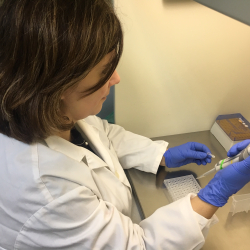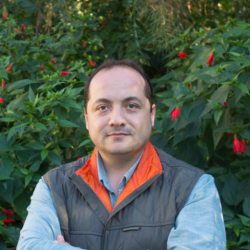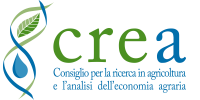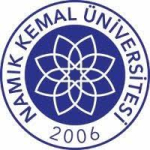ABOUT US




The honey bee (Apis mellifera) is a human-managed insect playing a pivotal role in crop and wild plant pollination. Thanks to its activity, crops improve qualitatively and quantitatively and plants protect themselves against pests. FAO estimated that approx. one-third of all plants or plant products consumed by humans and used for animal feeding depend directly or indirectly on bee pollination. On the other hand, beekeeping provides subsistence to hundreds of thousands of beekeepers in the Mediterranean area thanks to the honey -a traditional ingredient of the Mediterranean diet-, pollen, wax, royal jelly, propolis, and apitoxin. Actions directed to the conservation of A. mellifera subspecies in the Mediterranean are expected to promote quantity and quality of crops, with a direct increase in food availability, therefore contributing to tackling the problem of food security in an efficient, cost-effective and sustainable way. Climate change is expected to increase the stress factors affecting the bees, especially in this region, reducing both pollination efficiency and production potential. Up to now, there is an incomplete understanding of the natural adaptation mechanisms developed by the different subspecies present in the Mediterranean basin, and so the basic knowledge needed for future selection programs aiming to improve bee stocks for environmental changes. The project includes 9 partners from 8 Mediterranean countries (Algeria, Italy, Jordan, Lebanon, Malta, Portugal, Spain, and Turkey), covering 10 local subspecies of A. mellifera genetic diversity, i.e. adapted to highly diverse conditions of the region. MEDIBEES pretends to unravel the differential genetic background of the Mediterranean subspecies, understanding their adaptation to the local conditions, and therefore to characterize their resilience to climate change. Valorization of honey and beekeeping by-products will be also approached.










.png)












